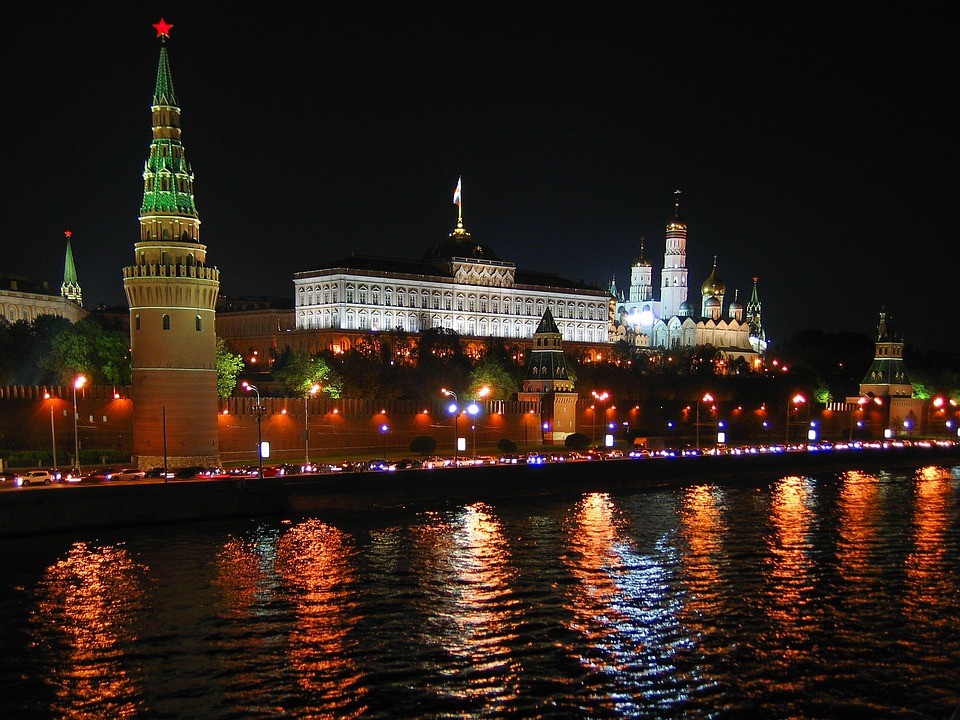As Putin’s war in Ukraine extends into its second year, there are few signs the conflict will be winding down in the near future. What Russian leaders once thought would be a fast operation taking only a few weeks, has left Moscow with few safe avenues for egress. Lev Gukov, former head of the leading Levada Center polling organization, says that unless the average Russian citizen learns of the true level of defeats on the front, the Russian people will continue to support the war. The regime retains support by tightly controlling information to maintain a positive image of the war effort. Putin ordered more than 600,000 Internet pages blocked and closed dozens if not hundreds of print outlets.
Despite this censorship, overall domestic support for Putin’s war has declined. Radio Svoboda, in Spring 2019, reported support for the Russian president personally was in a multi-year decline. Since the invasion of Ukraine about 70% of the population believe in the war and by extension their leader; although simultaneously 50% of the same respondents want it to end. Gudkov points out that public support is “not very clearly expressed, but quite tangible for the authorities and the war itself in society.” Paul Goble, writing in Eurasia Review this week, says this duality is partly due to the fact that “many Russians are deeply aware of the war’s criminal nature but prefer to isolate themselves from the unpleasant truth and avoid receiving objective information.”
Last fall the Russian publication Readovka News suggested that there is an additional factor that ensures passive support for the war, “…the constant stream of propaganda that paints a harrowing future in the case of Russia’s defeat.” Although the human cost of the extended war has a negative impact on the population, the desire to trust those inside the Kremlin to maintain stability remains and “does not affect the ratings of trust in the country’s leadership, since the prolongation of the special military operation means the prolongation of the effects of the consolidation of society and power.” One consequence of this view is that Putin appears content to drag out the war and pull in the country’s population to support it. Goble says that, at the regional level, the government has created volunteer organizations to help those mobilized obtain supplies, including forcing participation by schoolchildren.
Despite government attempts to coerce workers and students to help, there is a steadily declining level of involvement, according to the publication Russica2. A Levada Center study recently confirmed that the population is no longer following news of military operations in Ukraine at the previous levels. There is, however, a small and important radicalized group of Russians who, together with those in the general population who succumb to the massive pro-war propaganda effort, that are emerging as the new supporters Putin needs to continue the war. These new “national patriots” are the second reason why Putin cannot and will not end the war, according to analysts studying the situation.
Growth in the number of beneficiaries, if not of the war itself, is the third reason the war will continue, according to Goble. Today, he says, “the public ratings of not only federal but also regional as well as local authorities depend on their degree of involvement in the war.” Internal politics is transferred from internal socioeconomic problems to the level of international politics. The impression left is that the war is protecting the national interests of Russia. Political support at the local level helps guarantee votes in elections and the popularity of patriotic governors who support the war effort. News reports out of Russia indicate that politicians are attempting to outdo each other in attempts to be seen as the strongest of patriots. “Some Russian State Duma deputies propose involving these officials in teaching at schools in the occupied territories and promise to support them when they are nominated for elections,” adds Goble.
A fourth reason for the unlikelihood of ending the war soon is a result of the expanding number of radicalized patriots across the country. They have increased influence in Russian society. This propaganda cult is demanding a lot from the non-radicalized portion of the population. It may at some point create further domestic schisms between apolitical segments of Russian society and the more radicalized Putin supporters returning from military service in Ukraine. Many political analysts see the only viable solution for Putin as one that delays the impending social upheaval by prolonging the war, with the goal of smoothing out external manifestations of the social conflicts. Goble suggests this will only exacerbate the causes of social conflict and that at some point the Russian people will learn the truth about Kremlin politics. When that occurs, the world could be witness to an implosion of the Russian Federation.
Daria Novak served in the U.S. State Dept.
Photo: Pixabay
